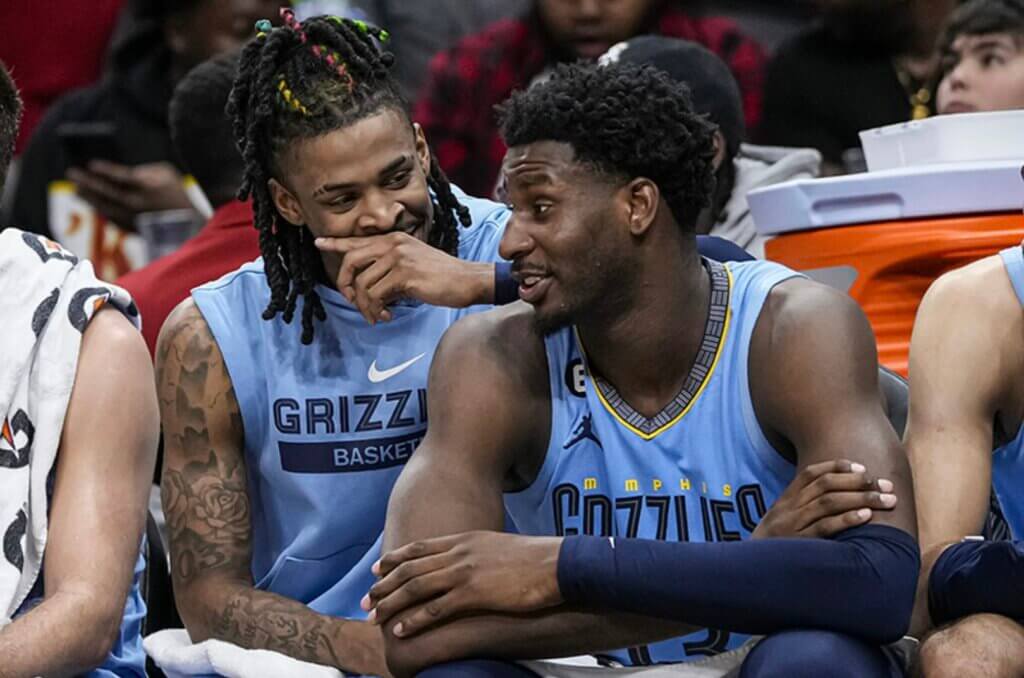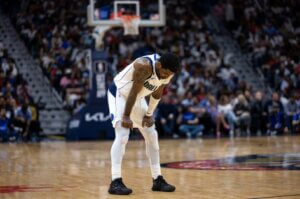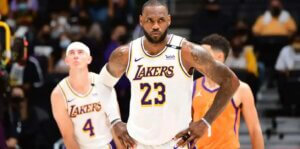The Untold Story of Ja Morant's Off-Court Troubles: A Glimpse into the Memphis Grizzlies Star's Struggles

In the tumultuous milieu of professional basketball, luminaries such as the Memphis Grizzlies' Ja Morant navigate a fraught landscape, their public facades oftentimes concealing a maelstrom of private tribulations. As a rising star ensnared in the throes of off-court controversies, Morant's vicissitudes evoke profound questions about culpability, silence, and complicity within the intertwined spheres of law enforcement, the NBA, and the Grizzlies franchise. This narrative unravels the intricacies of these transgressions, probing the inexplicable lassitude of the relevant authorities.
Submerged beneath the glamorous veneer of Morant's career lies a labyrinthine chronicle of off-court transgressions, principally featuring his immediate circle. Exposing this obscured narrative, The Washington Post's investigation has unearthed a series of altercations implicating Morant and his affiliates.
Morant's interactions with law enforcement, particularly the Memphis police, unfurl a baffling tale of inaction. Consider the incident involving young Joshua Holloway, purportedly assaulted during a basketball game. The law enforcement officers, upon discerning Morant's connection, seemed to shrink from their duty, their pursuit of justice stymied by an inexplicable reluctance. Morant's interrogation, delayed by an astounding six weeks, only transpired subsequent to his own allegations against Holloway, raising eyebrows about the efficacy of the local police.
Further, an incident at a shoe store, sparked by a service issue and culminating in an employee's self-imposed confinement within the back room, went similarly unaddressed. The assailants, allegedly part of Morant's entourage, escaped retribution despite a filed complaint.
An altercation at a high school volleyball match saw Morant's sister embroiled in conflict, necessitating the intervention of a Grizzlies representative to pacify the burgeoning hostility. The incidents culminated in a disturbing threat against the Indiana Pacers, a menacing red laser trained on their bus, presumably a malicious act from Morant's associates.
The intriguing revelations precipitated by the Post's investigation demand introspection from the Memphis police, the NBA, and the Grizzlies organization. The conspicuous absence of Morant and his mother's names in police reports hints at potential suppression efforts, a strategic maneuver to evade the prying eyes of the media.
Evidence of the Grizzlies' security chief's involvement in an altercation involving Morant's sister implies a disconcerting level of knowledge within the franchise, while ESPN's Brian Windhorst's account suggests that the NBA was likely not in the dark about the transgressions.
In the face of this swirling storm of controversy, Morant now strives to reclaim his tarnished reputation, embarking on a "redemption mission." Yet, the efficacy of this endeavor remains questionable. Will it precipitate an authentic shift in his off-court demeanor and associations or merely serve as a superficial PR maneuver?
In the end, Morant's convoluted off-court saga serves as a stark reminder of the profound implications of unchecked misbehavior in professional sports. The narrative illuminates the role of the Memphis police, the NBA, and the Grizzlies organization in scrutinizing and addressing these issues. The forthcoming actions of the league, the franchise, and Morant himself are eagerly anticipated, their impact on his potential redemption pivotal.

